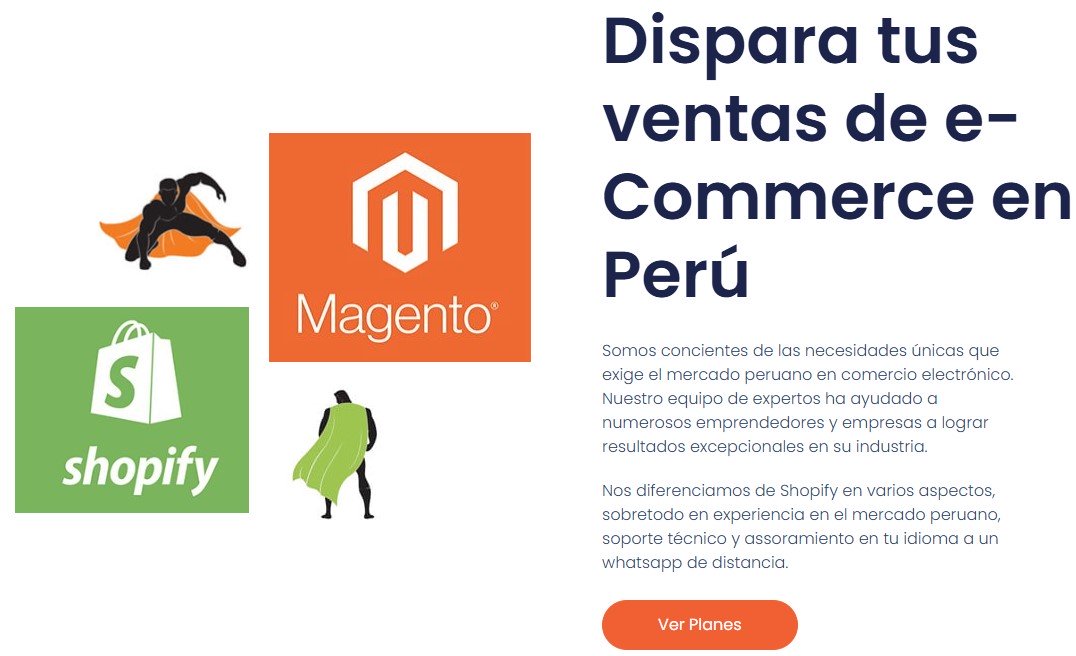
The Importance of HR Software in Talent Management
Introduction:
Human Resources (HR) plays a crucial role in modern organizations, particularly when it comes to managing talent. In today’s competitive business landscape, attracting, retaining, and developing the right talent can make or break a company’s success. To ensure effective talent management, HR professionals are increasingly turning to HR software solutions. These tools streamline various HR processes, optimize resource allocation, and enhance decision-making capabilities. In this article, we will delve into the significance of HR software in talent management and explore its numerous benefits.
HR software refers to a range of digital tools designed to streamline HR tasks, automate processes, and consolidate employee data into a single platform. It encompasses a wide range of functionalities, including recruitment and onboarding, performance management, learning and development, benefits administration, and employee record keeping. By digitizing these functions, HR software enables organizations to operate more efficiently, enhance employee experiences, and unlock the full potential of their workforce.
II. The Role of HR Software in Talent Management
1. Recruitment and Onboarding:
One of the most critical aspects of HR software is its ability to streamline the recruitment and onboarding process. From applicant tracking systems (ATS) to candidate assessment tools, HR software automates the entire recruitment lifecycle, eliminating manual paperwork and repetitive tasks. With integrated talent acquisition modules, organizations can attract top talent, efficiently screen applicants, and accelerate the onboarding process, ensuring a seamless transition from candidate to productive employee.
Traditional performance reviews can be time-consuming and subjective, often lacking actionable insights. HR software transforms this process by providing continuous feedback, setting measurable goals, and tracking individual and team performance over time. Performance management modules enable managers to have fact-based conversations with their employees, identify skill gaps, establish training plans, and recognize high performers. This data-driven approach empowers organizations to make better-informed decisions regarding promotions, transfers, and succession planning.
Investing in employee development is key to attracting, retaining, and nurturing talent. HR software streamlines learning and development initiatives by offering a centralized platform for training materials, courses, and certifications. It enables organizations to create personalized development plans, track progress, and evaluate the return on investment (ROI) of training programs. By empowering employees to develop their skills and acquire new ones, organizations can foster a culture of continuous learning and enhance their overall talent pool.
Managing employee benefits can be a complex and time-consuming process, prone to errors and administrative burden. HR software simplifies benefits administration by automating enrollment, tracking eligibility, and coordinating with insurance providers. This ensures accuracy, reduces paperwork, and enables employees to access and manage their benefits through self-service portals. By streamlining benefits administration, organizations can enhance employee satisfaction and relieve HR personnel from manual administrative tasks.
In the digital era, maintaining accurate employee records is crucial for legal compliance and record-keeping purposes. HR software eliminates the need for physical files and centralizes employee data, making it easily accessible and securely stored. From personal information and employment history to performance evaluations and disciplinary actions, all data is efficiently organized and searchable. This not only saves time but also minimizes the risk of data loss, ensuring compliance with data protection regulations.
III. FAQs (Frequently Asked Questions)
1. What types of organizations benefit the most from HR software?
HR software is beneficial for organizations of all sizes and across industries. Whether small businesses seeking to automate administrative tasks or large enterprises aiming to enhance their talent management strategies, HR software offers tailored solutions to fit specific organizational needs.
2. Are HR software solutions expensive?
The cost of HR software solutions varies depending on factors such as the size of the organization, the specific functionalities required, and the level of customization. However, the return on investment (ROI) provided by HR software in terms of increased productivity, streamlined processes, and improved decision-making often justifies the initial expense.
3. Is HR software user-friendly?
Most modern HR software solutions are designed with user-friendliness in mind. They commonly adopt intuitive interfaces, detailed user guides, and offer ongoing customer support. Some vendors even provide training sessions to ensure HR professionals can effectively navigate and utilize the software.
Conclusion:
In today’s talent-driven world, HR software has become a necessity for organizations aiming to effectively manage their workforce. By automating key HR processes, HR software not only saves time and reduces manual errors but also enhances decision-making through data-driven insights. From recruiting and onboarding to performance management and benefits administration, HR software streamlines operations, improves employee experiences, and ultimately contributes to an organization’s success in attracting and retaining top talent.

















